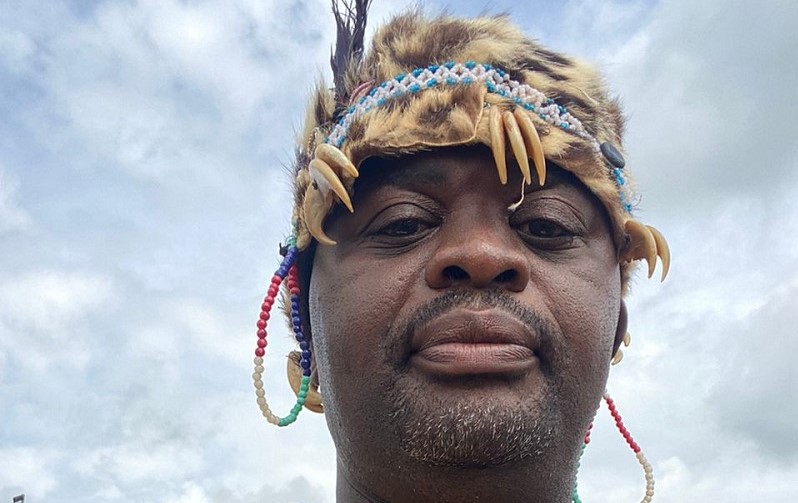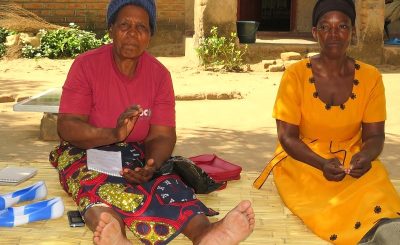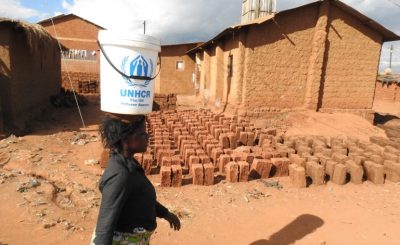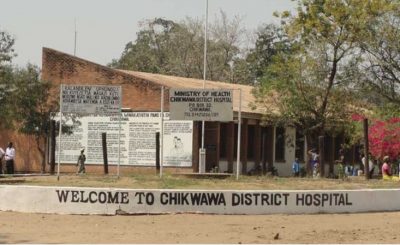Senior Chief Chikumbu of Mulanje recounts the story of a 11-year-old girl from her area who was impregnated.
The girl could not keep the pregnancy due to her age and the traditional leader was forced to push for the termination of the pregnancy.
“I challenged the police to arrest me if they wished so for simply pushing for the termination of the young girl’s pregnancy,” she narrates.
Luckily, the traditional leader won the battle, and the pregnancy was terminated.
“The child is in good health now,” says Senior Chief Chikumbu.
Women across the globe and Malawi in particular opt for abortion for several reasons. For girls the reasons vary from fear of shame to fear of disappointing parents and friends.
For other women, abortion is as a result of denial of responsibility by a man. Others terminate the pregnancy because they do not want to have a child.
As such pregnancies are often unwelcome in the communities.
Abortion is illegal in Malawi, except when conducted under strict life-threatening circumstances determined by qualified medical personnel.
This fuels unsafe abortions which often leads to deaths.
In 2009 alone, according to a study by the Ministry of Health, about 750, 000 women induced abortion, causing about 18% of all pregnancy related deaths.
The situation has provoked some Civil Society Organizations (CSOs) to ask Parliament to pass a Termination of Pregnancy Bill which was first tabled by Chiradzulu West parliamentarian, Mathews Ngwale in 2021 but was thrown out as majority of Members of Parliament (MPs) were against it.
Among other grounds for the legalisation of the bill include; where the continued pregnancy will endanger the life of a pregnant woman, where the termination is necessary to prevent injury to the physical or mental health of the pregnant woman, where there is a severe malformation of the fetus which will affect its viability or compatibility with life and where the pregnancy is as a result of rape, incest or defilement.
Coalition for the Prevention of Unsafe Abortion (COPUA), a network of over 60 non-governmental organisations (NGOs), professionals, institutions and individuals working on research and advocacy on issues of unsafe abortion in Malawi, is however pushing for the legalisation of the Bill.
COPUA Secretary General Dr. Francis Makia says it is worrisome that hospitals are barred from carrying out abortions, but government is comfortable to have the same hospitals to provide post-abortion care.
“Hospitals are offering post-abortion care to women who failed to do it on their own. It still remains a puzzle as to how best this can be solved,” says Makia.
The network has since started meeting chiefs, youths, religious leaders and community members to engage their parliamentarians to pass the bill.
Senior Chief Mabulabo of Mzimba says he is in support of legalisation of abortion.
Mabulabo says it is worrisome that the country is sticking to archaic laws which were phased out in European countries.
He says lawmakers are just playing a hide and seek on the issue for fear of their constituents.
“There is no MP who is against tabling of this Bill but the truth of the matter is that they are only afraid of not retaining their sits in the next elections,” he says.
According to Senior Chief Chikumbu, what is missing in all this is the clear understanding on the significance of legalising abortion.
“There is need for people to approach and understand this issue with soberness without attaching their religious and cultural affiliations.
Senior Chief Chikumbu says she is ready to be an ambassador in sensitizing women and girls in the country not to abuse that right should Parliament table the Bill and later assented into law.
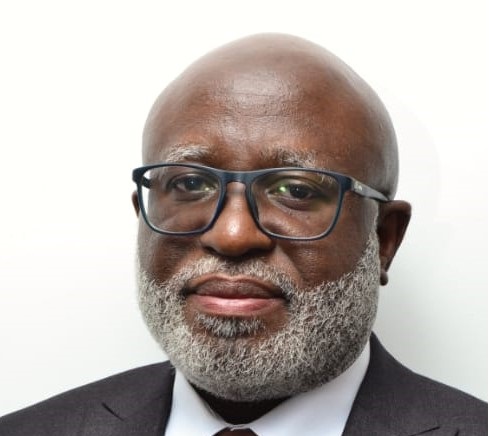
Kangaude: It is important to conduct abortion to save the woman’s life.
Human rights lawyer Dr. Godfrey Kangaude says there is a need of revising section 243 of the Penal Code which legalises abortion but in special situations.
“What are there are just misunderstandings. All Malawians and faith leaders agree that it is important to conduct abortion to save the woman’s life. There is confusion in the law,” says Kangaude.
However, there is resistance especially from faith groups. While others feel like the practice is as same as killing, other quarters within the faith community have a different understanding.
Muslim Association of Malawi publicist Sheikh Dinala Chabulika says the Holy Quran is against killing of any kind.
“The termination of pregnancy in Islam in not allowed and in fact it’s a sin. There is even a verse in the Holy Quran where God will ask us to explain as to what wrong did the child commit to deserve such a treatment,” says Chabulika.
Reverend Martin Kalimbe of Mkolokoti Parish of the Anglican Diocese of Southern Malawi says it is very unfair for the parliamentarians to attach their religious and cultural affiliation on the issue while giving a blind eye to the rights of the affected woman.
“Are you sure as a man, you can keep in your house, your wife with pregnancy she was raped by robbers, do you understand the torture both the pregnancy and the child to be born will cause to the family,” he wonders.
Gender and human rights expert, Penelope Paliani Kamanga says it is so surprising that Parliament is not interested in allowing women to abort when factors related to the pregnancy are unfavorable to them.
“We cannot pretend here that women and girls are conducting abortion and the more abortion remains illegal in Malawi, the more unsafe the service is being offered by unskilled people and this drives to higher maternal deaths and morbidity while putting lives of the pregnant women at risk,” says Kamanga.


